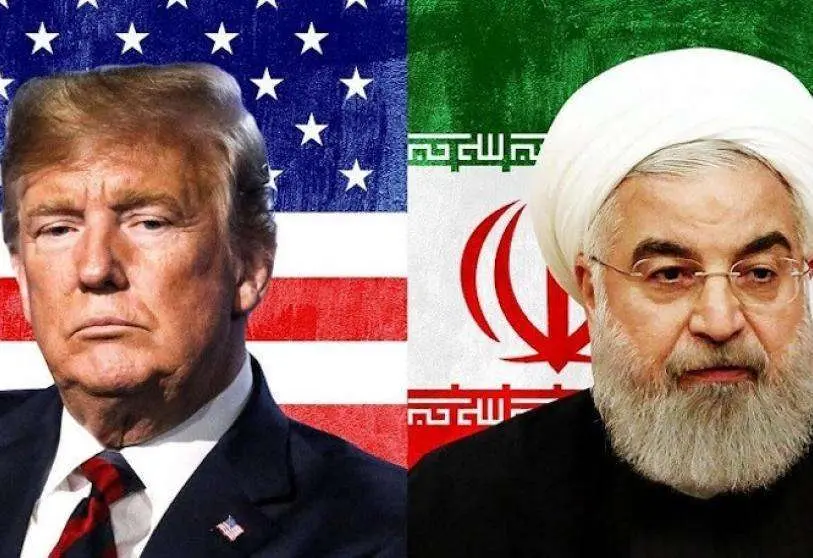The United States increases pressure on Iran and sanctions two individuals and four entities

The US government announced on Thursday new sanctions against two individuals and four entities in Iran. The aim of the US administration is to put renewed pressure on the Iranian authorities over their nuclear programme. The Treasury Department has detailed that the persons sanctioned are Mahmud Sadati and Mohammad Soltani, while the entities concerned are Adelabad Prison in Shiraz, Oromiye and Vakilabad Prison in Mashad, and a branch of the revolutionary court in Shiraz.
The announcement came scarcely three days after the secretary of state, Mike Pompeo, unveiled new sanctions against Iran's defence ministry and Venezuela's president, Nicolás Maduro, for contributing to the violation of the arms embargo imposed on Teheran. This Saturday the Administration of the US President, Donald Trump, announced the imposition of sanctions unilaterally under one of the mechanisms of the 2015 nuclear agreement that Washington abandoned in 2018.
The United States has re-imposed the sanctions on Iran despite the fact that the United Nations Security Council had previously refused to extend the embargo imposed on Teheran and has triggered fresh criticism from the Iranian authorities against Washington. Tensions between the United States and Iran have escalated sharply since 2018, when the Trump Administration decided to abandon the agreement, and rebounded in January after the US army killed the head of the Quds Revolutionary Guard Force, Qassem Soleimani, in a bombing in Iraq.
Iran now feels strong enough to negotiate with the United States, as the United Nations Security Council has opposed the re-imposition of sanctions. Iran has even assured that it is ready for a complete prisoner exchange with the United States, and warned that if the Democratic candidate Joe Biden wins the November elections and wishes to return to the 2015 nuclear agreement, he will have to compensate Teheran for the damage caused by the withdrawal earlier.
"There are Iranians who are in US prisons simply because they do not want to betray their country. We are prepared to exchange all of them (for Americans imprisoned in Iran)," the Iranian foreign minister, Mohammad Javad Zarif, told the US centre Council on Foreign Relations (CFR).
Zarif, who spoke by videoconference at a virtual event organised by the centre on the occasion of the UN General Assembly, thus answered a question about why he was not releasing Siamak Namazi, who has dual US and Iranian nationality and has been imprisoned in Iran for years with his father Baquer.
The United States and Iran have exchanged some prisoners in recent years, but their relationship has deteriorated deeply under the mandate of US President Donald Trump, who withdrew the US from the 2015 nuclear agreement and re-imposed on Iran all the sanctions it had lifted as a result of the pact.









